Arnold Palmer: The King of Golf and His Enduring Legacy
-
Arnold Palmer, often referred to as "The King," is one of the most iconic figures in the history of golf. His charisma, skill, and connection with fans helped revolutionize the sport, making it more accessible and popular than ever before. Beyond his triumphs on the golf course, Palmer's legacy extends into business, philanthropy, and even pop culture. This article delves into the remarkable life and career of Arnold Palmer, exploring the many ways he left an indelible mark on the world.
Early Life and Introduction to Golf
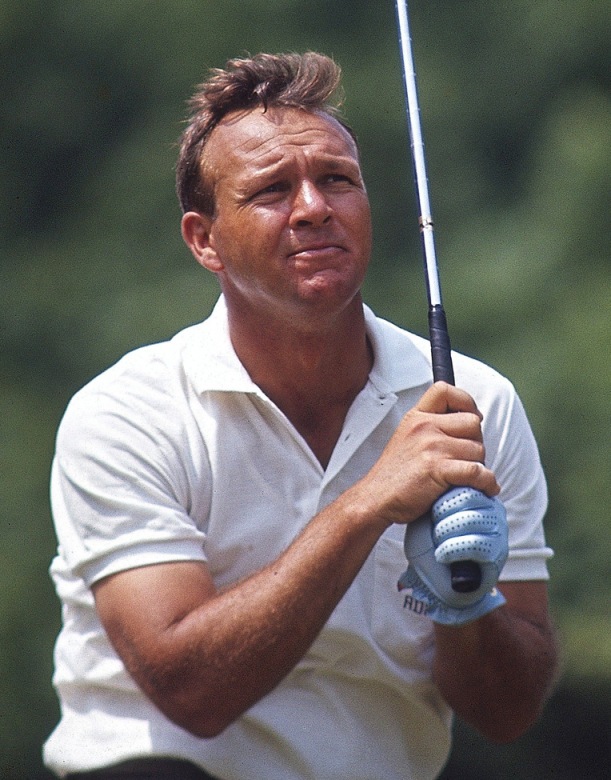
A Humble Beginning
Arnold Palmer was born on September 10, 1929, in Latrobe, Pennsylvania. His father, Milfred "Deacon" Palmer, worked as a greenskeeper and head professional at Latrobe Country Club, which provided young Arnold with early exposure to the sport. By the time he was a teenager, Palmer was already showing signs of the greatness that would define his career. Under his father's guidance, he honed his skills, quickly becoming one of the best amateur golfers in Pennsylvania.
College Years and the Amateur Circuit
Palmer attended Wake Forest University on a golf scholarship, where he continued to excel in the sport. However, his career was temporarily interrupted by a three-year stint in the U.S. Coast Guard. After completing his service, Palmer returned to competitive golf and won the 1954 U.S. Amateur Championship, a victory that launched him into the national spotlight.
Professional Career and Major Championships
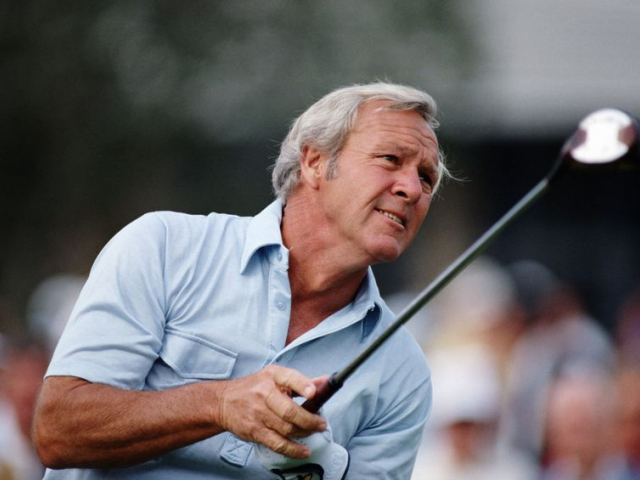
Breaking into the PGA Tour
Arnold Palmer turned professional in 1954, and his first major breakthrough came in 1955 when he won the Canadian Open. This victory marked the beginning of a storied career that would see him dominate the sport for the next two decades. Palmer's aggressive style of play, combined with his magnetic personality, made him a fan favorite from the start.
The Masters and Palmer's Dominance
One of Arnold Palmer's most significant accomplishments came at the Masters Tournament. He won the prestigious event four times—1958, 1960, 1962, and 1964—solidifying his reputation as one of the best golfers in the world. Palmer's victory in the 1960 Masters was especially memorable, as it marked the first time a player had come from behind to win the tournament in the final round.
The British Open and Global Success
In addition to his success in the United States, Arnold Palmer played a pivotal role in popularizing golf worldwide. He won the British Open twice, in 1961 and 1962, becoming one of the first American players to regularly compete in the event. His victories at the British Open helped raise the tournament's prestige, and he is credited with making it a must-play event for future generations of American golfers.
Arnold Palmer and the Golf Boom
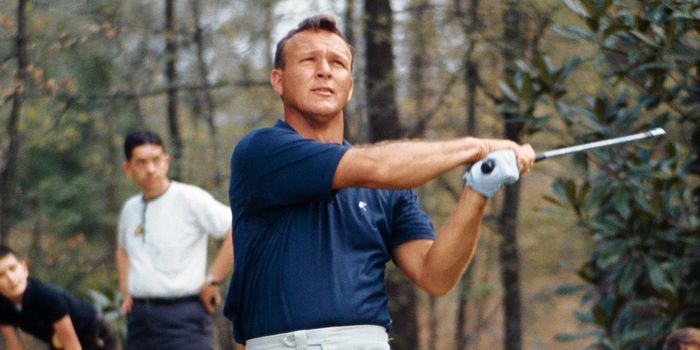
The Birth of Golf as a TV Spectacle
Arnold Palmer's rise to fame coincided with the emergence of televised sports, and he was instrumental in making golf a TV-friendly spectacle. His popularity on and off the course helped attract a new generation of fans, and his televised battles with other legends like Jack Nicklaus and Gary Player captivated millions.
Palmer’s engaging style and knack for thrilling comebacks endeared him to viewers, and his friendly rivalry with Nicklaus became one of the defining storylines of golf in the 1960s and 1970s. Together, they helped transform the sport from a niche pastime into a mainstream sensation.
The Formation of "Arnie's Army"
Arnold Palmer's legions of fans were affectionately known as "Arnie's Army." His charisma and approachability made him a beloved figure not only among golf enthusiasts but also among casual sports fans. Palmer's ability to connect with people, both in person and through the television screen, played a crucial role in his lasting popularity.
Business Ventures and Philanthropy
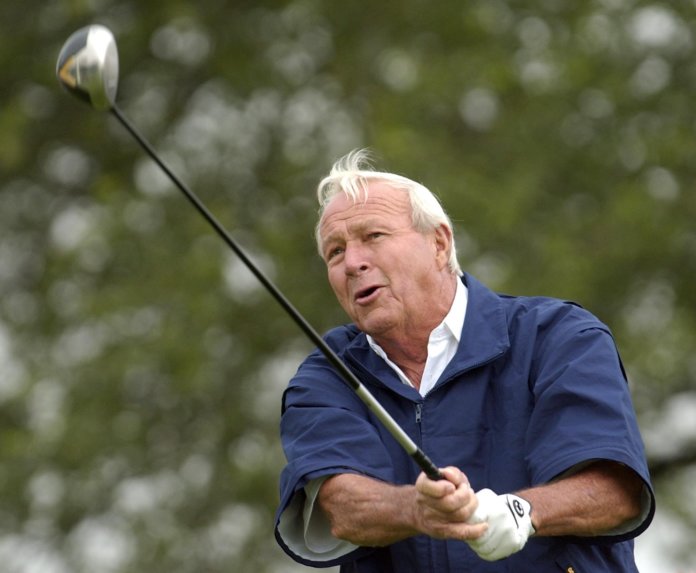
Building a Brand Beyond the Golf Course
Arnold Palmer's influence extended far beyond his accomplishments on the golf course. He was one of the first athletes to fully understand the power of branding, leveraging his fame into a series of lucrative business ventures. Perhaps the most famous of these is his eponymous drink, the Arnold Palmer, a refreshing mix of iced tea and lemonade that has become a staple in American culture.
Palmer also founded a successful golf course design company and was instrumental in creating the Golf Channel, further cementing his role as one of the sport's most important ambassadors. His contributions to the business side of golf helped pave the way for future generations of athletes to explore opportunities off the field of play.
Arnold Palmer's Legacy in Philanthropy
Philanthropy was another important aspect of Arnold Palmer's life. Throughout his career, he was deeply involved in charitable work, supporting causes ranging from children's hospitals to cancer research. In particular, the Arnold Palmer Hospital for Children in Orlando, Florida, stands as a testament to his commitment to helping others.
The Enduring Impact of Arnold Palmer
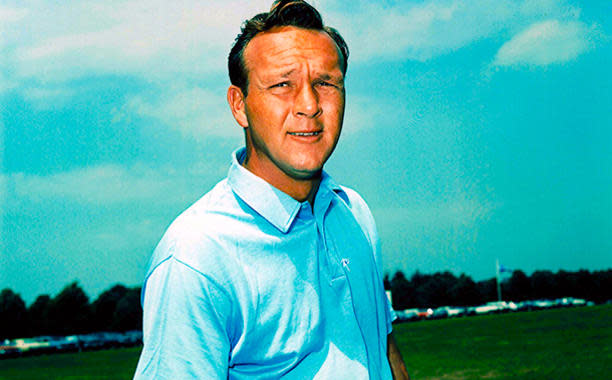
Retirement and Honors
Although Arnold Palmer retired from competitive golf in the mid-1970s, his impact on the sport continued for decades. He remained a prominent figure in the golf world, serving as a mentor to younger players and continuing to promote the game through his various ventures. In recognition of his contributions, Palmer received numerous honors, including the Presidential Medal of Freedom in 2004 and the Congressional Gold Medal in 2009.
A Lasting Legacy
Arnold Palmer passed away on September 25, 2016, but his legacy remains stronger than ever. His influence on the game of golf, both as a player and as a global ambassador, is unmatched. Through his charisma, skill, and relentless pursuit of excellence, Palmer inspired millions of fans and players alike. Today, his name is synonymous with golf, and his legacy as "The King" will continue to inspire future generations.
Conclusion
Arnold Palmer was more than just a golfer; he was a cultural icon who changed the face of the sport. His legacy as a pioneer, businessman, and philanthropist endures to this day. Whether through his unforgettable performances on the course or his lasting impact off it, Arnold Palmer will always be remembered as one of the greatest figures in the history of golf.
